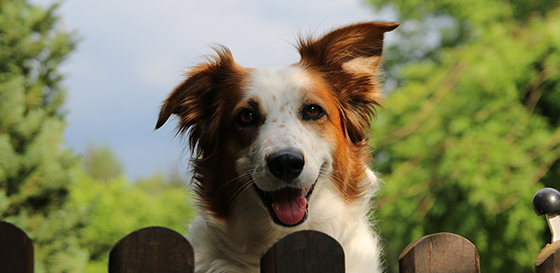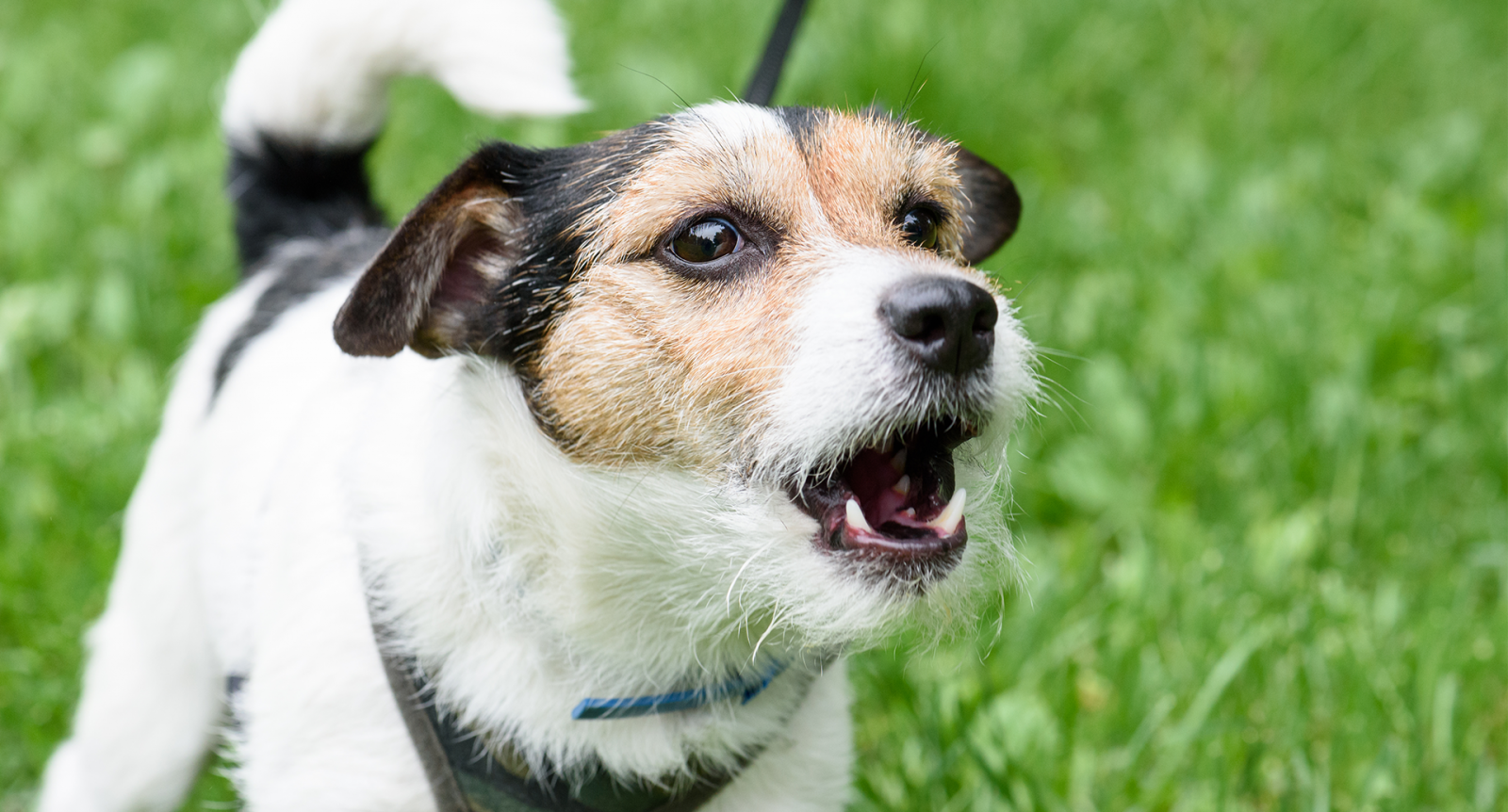Barking Dogs
Excessive barking is tiresome and repetitive. It is one of the common dog complaints reported to councils. Barking is a dog's natural means of communication. Your dog may be barking due to lack of stimulation, especially if left alone during the day. Dogs often bark when owners are not home and this can be disturbing for their neighbours.
If you are the neighbour to an excessively barking dog, it may be reasonable for you to approach the dog owner and explain the problem to them, OR report the problem to Council on (03) 307 7700.

Preventing nuisance barking
We all have the right to live with a pet. However, we are responsible for making sure that our companion is not a nuisance to others. Barking is a natural form of behaviour for a dog, it is their way of communicating with people. However, if your dog forms the habit of barking at the slightest external provocation, this behaviour becomes unacceptable. Below are some helpful tips to help reduce the barking nuisance your dog may be causing. While all of them can be remarkably successful, you should not expect miraculous results overnight.
The longer your dog has been learning the barking behaviour, the longer it will take for them to change their ways.
Why dogs bark
Dogs usually bark because they;
- have separation anxiety
- identified a threat
- are bored
- are stimulated by something they see
Remove the motivation
Dogs get satisfaction from barking and this can cause it to continue unnecessarily. Removing the motivation (or the opportunity) for the dog to bark constantly at something is in most cases the most effective way to reduce the nuisance. Some examples of how to achieve this (based on a specific behaviour)
Barking at cats or other animals at night
- put the dog somewhere else on your property where the cats do not go
- close the dog inside at night or when you are not home
- use a barking silence or anti-barking collar to correct this behaviour when nobody is present
Barking at people, dogs or cars passing by
- put the dog somewhere else on the property where they cannot see passers-by
- block the visibility by covering the gate or fence with something that prevents the dog from seeing out, such as weed mat or brush fencing
- close the curtain the dog is looking through
- put the dog in another room of the house
Keep your dog occupied

Giving your dog something to do prevents boredom, which could cause it to bark at everything it sees.
Some useful things you could do;
- exercise your dog regularly
- rotate and restrict toys your dog can play with at one time. Easy access to all toys will easily lead to boredom
Place treats in various places;
- around the lawn so your dog can sniff it out
- in a sand pit (if you have one) so your dog can dig the treats out
- in a treat ball (peanut butter inside the dog can't chew up is fantastic)
- get your dog to play with other dogs. This will help your dog learn the difference between safe and threatening situations (when barking is helpful)
- ask a friend or a dog sitter to look after your dog
- take your dog to work with you, if appropriate
Keep your dog tired
make sure your dog is getting sufficient physical and mental exercise every day. a tired dog is a quiet dog, and one who is less likely to be bored or frustrated. Depending on their breed, age and health your dog may require several long walks as well as a good game of chasing a ball or playing with toys.
